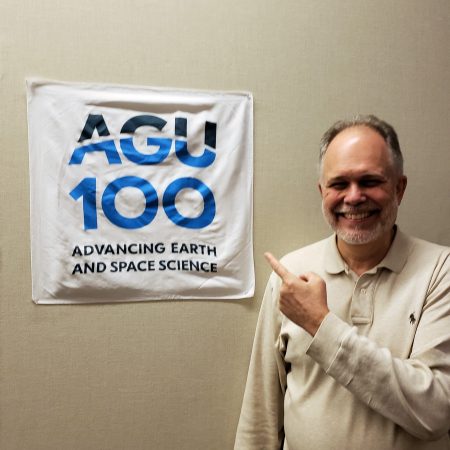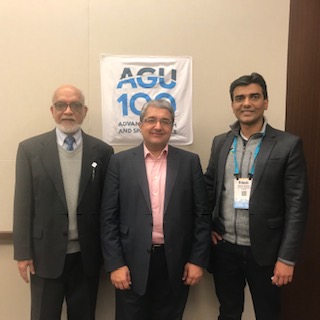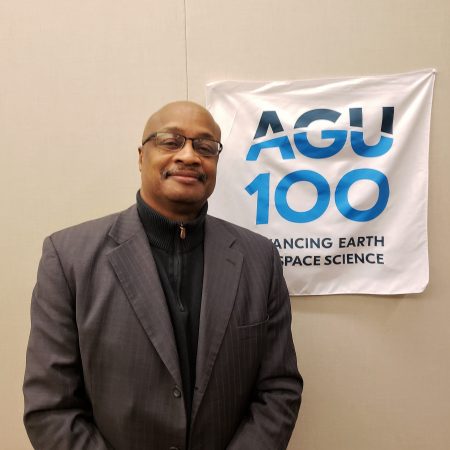Refine
Date Range Clear
Recorded by Clear
Keywords Clear
Partnerships Clear
- No matching terms.
Organizations Clear
- American Geophysical Union 67
- NASA 18
- National Aeronautics and Space Administration 9
- The American Geophysical Union 5
- American Geopysical Union 4
- 14 more
Places Clear
- AGU 2018 Fall Meeting 167
- Washington DC 164
- AGU 2019 Fall Meeting 22
- San Francisco 21
- AGU 2017 Fall Meeting 5
- 11 more
Languages Clear
Initiatives Clear
- No matching terms.
Kiya Riverman ended up studying glaciers because, on a field work trip, she was one of the few who could fit the ice cave in the glacier. She recalls, “you're surrounded by glaciers and then sometimes you're underneath glaciers. And...
A conversation between student and professor, this discussion reveals the subtle dynamics between good friends, even when they outwardly seem to be very similar. Lee Slater met Andrew Binley when the former asked the latter for a job at Lancaster...
George Huffman calls himself a classic weather person, in part because by the fourth grade in North Central Ohio, he already was excited about the prospect that you could make a job studying weather. At the NASA Goddard Space Flight...
Michael Meyer, NASA's Chief Scientist for the Mars Exploration Program, talks about his life and work in science. As a teenager working as a deckhand on a treasure diving boat in Florida, he was hired to replace some fired divers...
Jack Kaye, associate director for research at NASA's Earth Science Division, discuss his origins as a chemist and earth scientist, and how he was recruited to Goddard to be a chemist among meteorologists. "My boss would advertise me as his...
Jacob Bleacher has spent a great deal of time preparing for Mars and the moon, even though he has never left the Earth’s orbit. The research scientist at Goddard Space Flight Center is currently on detail at NASA Headquarters as...
Laurie Brown, Professor Emeritus at the University of Massachusetts, has been a member of AGU for 46 years. She shares her observations on the growth of paleomagnetism at AGU and its importance in helping address climate. She also discusses how...
Putting up tall PVC pipes with pointy sensors to measure electrical fields in an approaching lightning storm may seem reckless, but it’s all part of the job for Timothy Lang. The NASA research scientist spends a lot of time in...
Ana Jeleapov studies landscape geography and hydrology at the Institute of Ecology and Geography in Moldova. She and a small team of scientists are trying to decrease flooding in Moldova. “Floods are a natural phenomenon” with sometimes deadly impact on...
Daniella Scalice is the Education and Communications Lead for NASA’s Astrobiology program, and she sits in NASA’s MAIANSE program for incorporating American Indian and Alaska Native science into NASA’s STEM research and education initiatives. She works in western and Indigenous...
Linda Geiser and Peter Nelson tell their own stories and reflect on the impact they’ve had on each other lives. They’re both currently with the US Forest Service but first met when Linda hired Peter after he finished university to...
Michele Koppes and Heidi Roop met “on an incredible landscape on the edge of the Greenland ice sheet about two years ago.” The conversation that followed made both of them think more closely about the value of science communication and...
Shelby Hurst grew up in northern Michigan where she spent plenty of time poking at and asking questions about the rocks in her grandparents’ backyard, which eventually led her to a PhD in geochemistry. She discusses the importance of women...
Brian Day, of NASA’s Solar System Exploration Virtual Institute, leads a group of scientists in visualization and analysis of spacecraft data. Brian was taught that there’s no water on the moon, there’s no atmosphere on the moon, and the moon...
In the mid-2000s, a small group of leaders at AGU, including Peter Fox, Rensselaer Polytechnic Institute, saw an opportunity to shape or reshape how geoscientists work together under a new cross-cutting discipline. As a result, “Earth and space Science Informatics”...
Michelle Thaller, science communicator at NASA Goddard, discusses how she persisted in following her scientific passions even after being discouraged by teachers and guidance counselors. She also talked about why non-scientists should care about things so far away from Earth:...
Clouds are among the most unpredictable components of climate models. But Norman Loeb is working hard to sort out the shape of cloud patterns in order to improve the accuracy of long-term weather predictions. As far as understanding how all...
Hal Maring once risked his life for a box of fog. The physical scientist at NASA Headquarters was once on a New Zealand research cruise in the Tasman Sea when the vessel hit bad weather. They took down some of...
With experiences from Azerbaijan, India and the United States, three scientists discuss how they’ve shared their passion for science in society and data transparency from generation to generation. They hope future generations continue to use data to help people withstand...
How can scientists tell the story of science so that the public listens and understands? Dwayne Brown is the Senior Communication Officer for the Science Directorate at NASA and works with hundreds of scientists to communicate their ideas on television,...
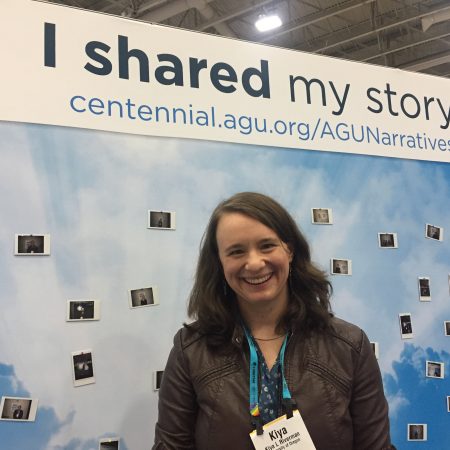
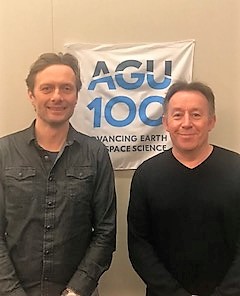
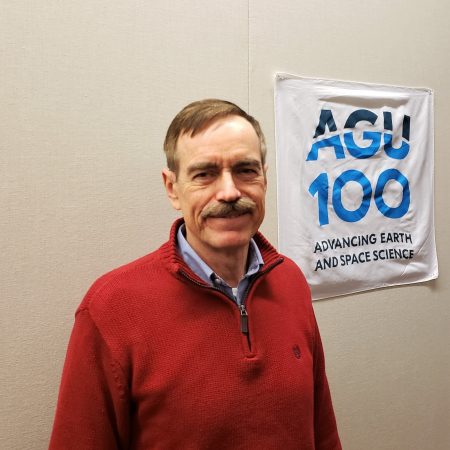
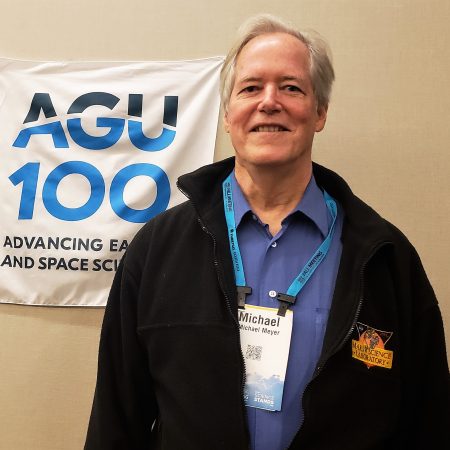

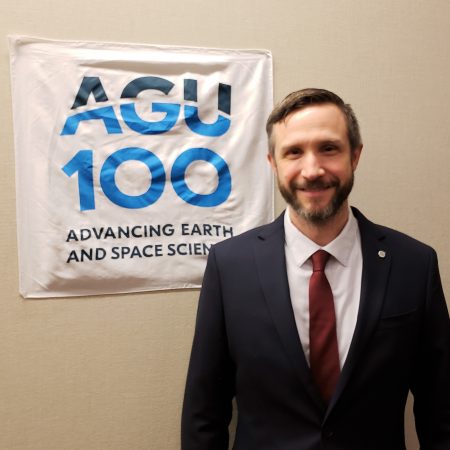
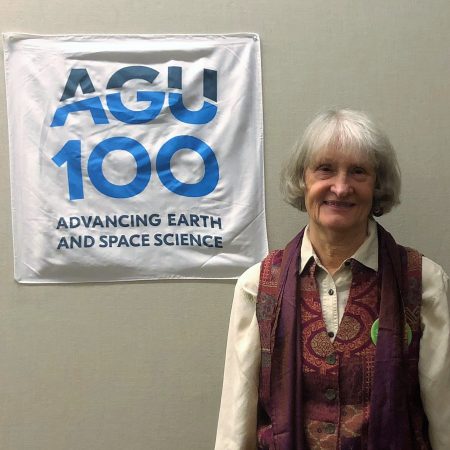

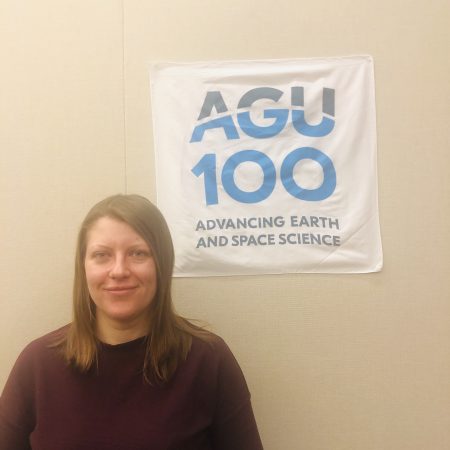
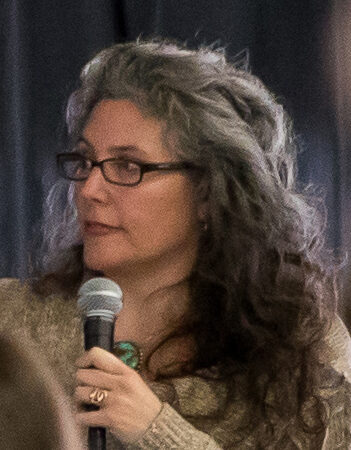
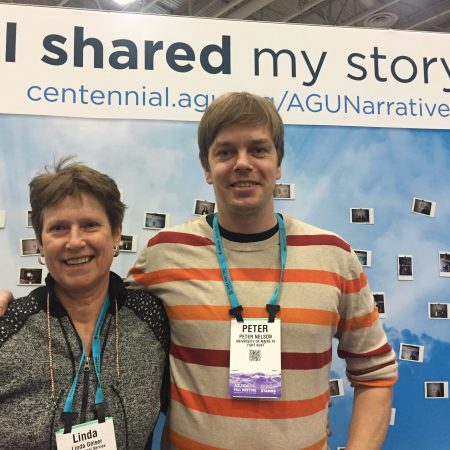
![“How is it that we collect stories [and] create spaces for those stories to be told?” An interview with Michele Koppes and Heidi Roop](https://archive.storycorps.org/uploads/2019/07/181212_Koppes-and-Roop_Booth-450x450.jpg)
![“I enjoy knowing that a lot of people do care about [the climate] and they care to learn about it.” an interview with Shelby Hurst](https://archive.storycorps.org/uploads/2019/07/Shelby-Hurst-crop-450x450.png)

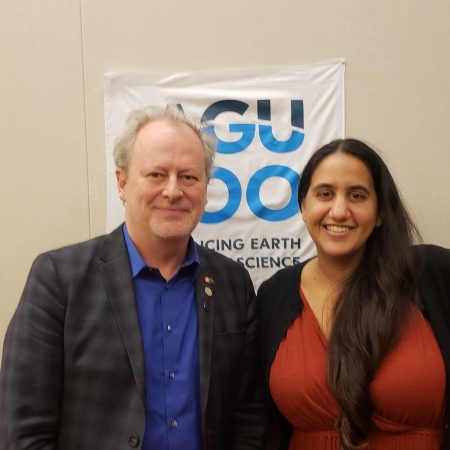
!["I've been a professional astronomer for over 20 years, [and it] still gives me goosebumps." an interview Michelle Thaller](https://archive.storycorps.org/uploads/2019/02/20181211_Thaller-450x450.jpg)

